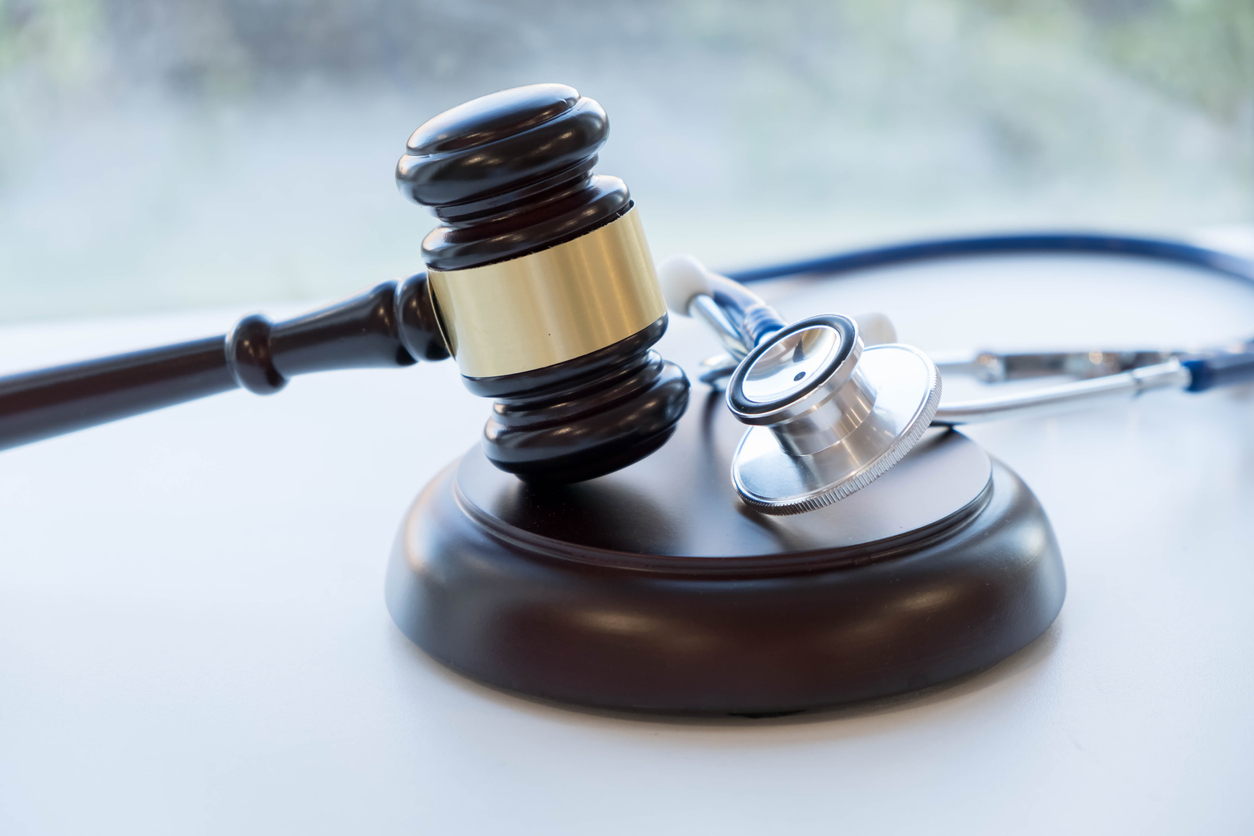Medical malpractice claims have to follow a different set of rules than other personal injury cases. If you do not know the unique requirements of medical malpractice laws in New Jersey, you could lose your right to seek compensation for your losses without the court ever taking a look at the merits of your claim. Many cases get dismissed on procedural grounds.
This blog will cover some essential information on medical malpractice laws in New Jersey, but please realize that this is merely a brief overview. If you or a loved one was a victim of medical malpractice, a New Jersey medical malpractice attorney can help you go after money damages from the negligent party.
What is Medical Malpractice?
Medical malpractice is when a healthcare professional, such as a doctor or nurse, makes a mistake or fails to do something that they should have done, resulting in harm to a patient. This could happen in various ways, like a surgical error, prescribing incorrect medication, or not diagnosing a disease properly. However, it’s not just about making a mistake. To be considered malpractice, it must be shown that the healthcare professional was negligent, meaning their actions didn’t meet the accepted standards of medical care, and that this negligence was the direct cause of the patient’s harm. Think of it like a driver causing an accident by running a red light – the driver’s negligence (ignoring the red light) directly caused the harm (the accident).
New Jersey’s Filing Deadline for Medical Malpractice Lawsuits
You only have a certain amount of time to file a medical malpractice lawsuit in New Jersey or lose the right to seek compensation from the party whose mistake harmed you. If you miss the two-year statute of limitations, the judge can dismiss your case before giving you a chance to tell them how the medical professional injured you.
Sometimes, people assume that the statute of limitations does not apply to them because they want to reach a settlement with the defendant rather than litigate. Unfortunately, you will not be allowed to pursue your claim after the filing deadline passes because the defendant is no longer liable to you.
Still, there are some exceptions to the statute of limitations for medical malpractice cases, so you will want to talk to a lawyer about your situation even if you think the deadline might have passed.
Affidavits of Merit in New Jersey Medical Malpractice Cases
You have a limited number of days after filing a medical malpractice lawsuit in our state to file an “affidavit of merit” that verifies the merit of your case. You must have an appropriate medical professional say in a sworn written statement that there is a reasonable probability that you received substandard medical care. In other words, the affidavit backs up your claim that the defendant committed medical negligence.
You do not have to submit an affidavit from an appropriate professional verifying the likelihood of the defendant’s negligence in other types of personal injury lawsuits, like car accidents or slip-and-fall accidents. If you do not file an affidavit of merit in a New Jersey medical malpractice case, however, the judge can dismiss your case and prevent you from filing your case again.
Limits on Punitive Damages in New Jersey Medical Malpractice Claims
Even if the jury awards you monetary damages at the end of the trial, the amount that you can collect from the defendant can get reduced if a substantial amount of the jury verdict is in the form of punitive damages. Punitive damages are noneconomic damages awarded because of the defendant’s shocking conduct, like actual malice or willful and wanton disregard for the consequences of their actions.
New Jersey law does not set a limit on the amount of punitive damages a jury can award in other types of personal injury lawsuits. In medical practice cases, however, a successful plaintiff can only receive a maximum of $350,000 or five times the amount of their economic losses, whichever number is higher. Economic damages are things like medical bills and lost wages.
A New Jersey personal injury attorney can talk to you for free about your medical malpractice claim and help you pursue compensation for your losses. Contact us today for help with your case.

